Cardboard Castle Kingdom
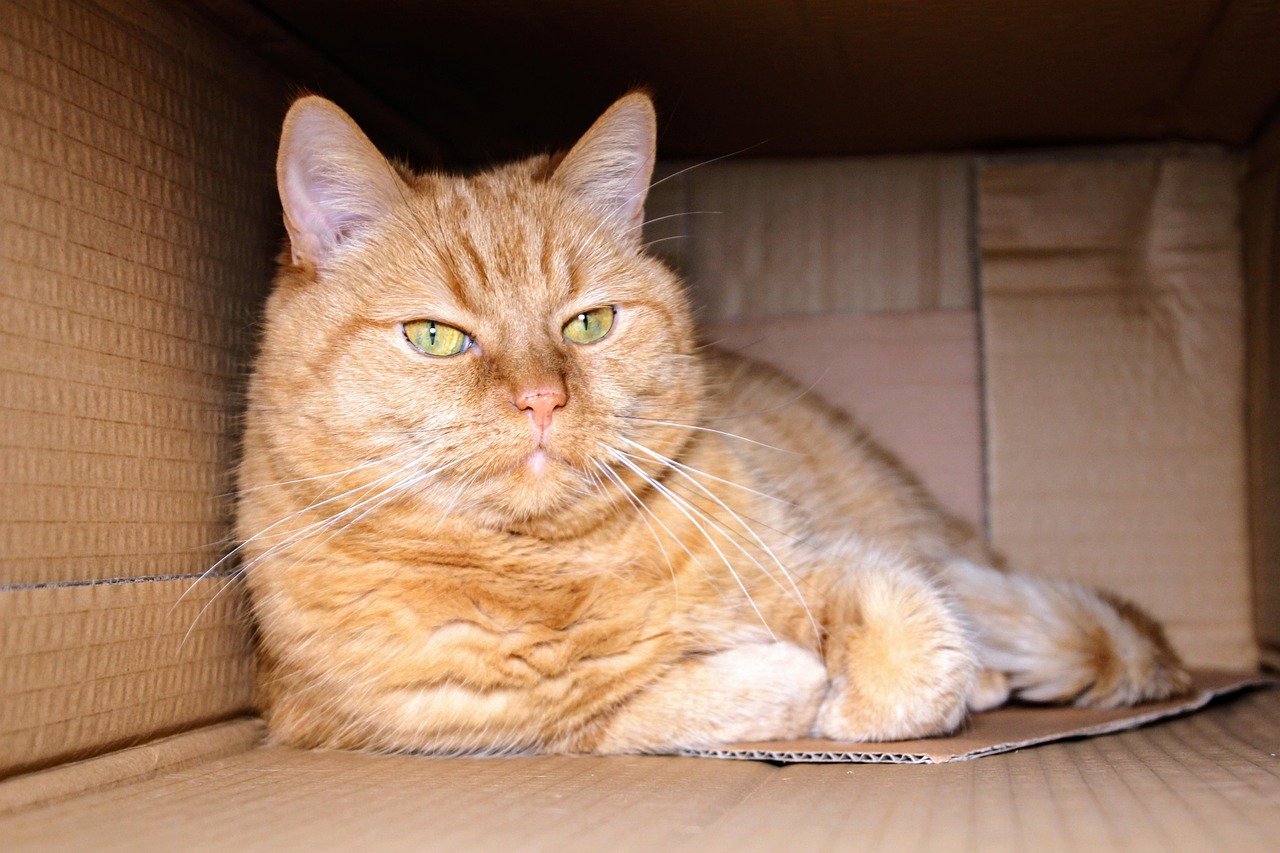
Transform ordinary cardboard boxes into a feline fortress that would make medieval cats jealous. Stack different sized boxes to create tunnels, towers, and hiding spots that tap into your cat’s natural instincts to explore and claim territory. Cut holes at various heights and angles to create multiple entry points. Your cat will spend hours investigating every nook and cranny. The best part? When they get bored, you can redesign the entire layout with fresh boxes from your latest online shopping haul.
Treat-Dispensing Toilet Paper Rolls
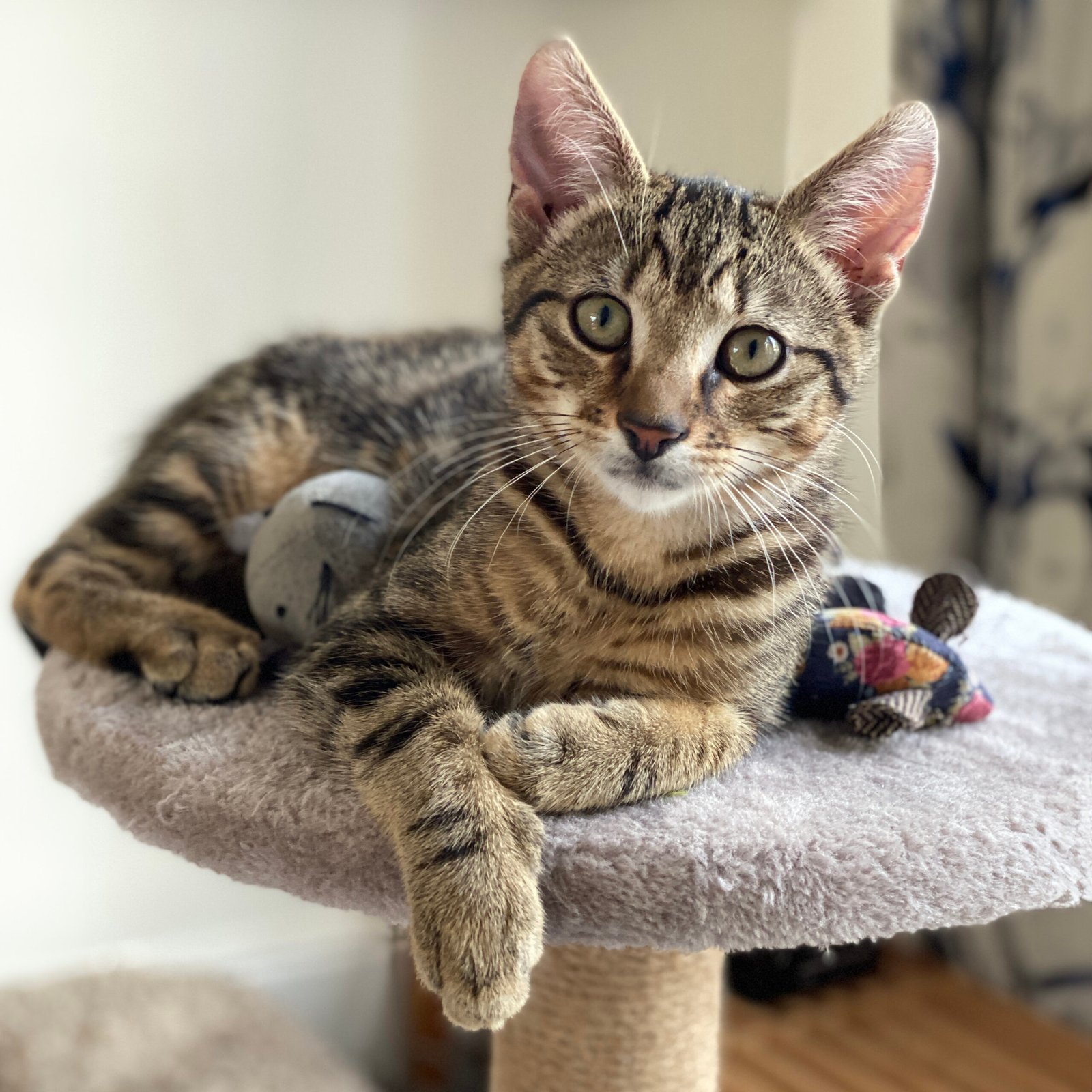
Those empty toilet paper rolls sitting in your recycling bin are actually treasure chests waiting to happen. Fold the ends closed and poke holes throughout the tube, then fill with your cat’s favorite kibble or treats. This simple puzzle feeder forces your cat to work for their food, mimicking the hunting experience their wild ancestors enjoyed. The rolling action engages their prey drive while the mystery of hidden treats keeps them motivated. It’s like a piñata designed specifically for paws and whiskers.
Ice Cube Fishing Adventure
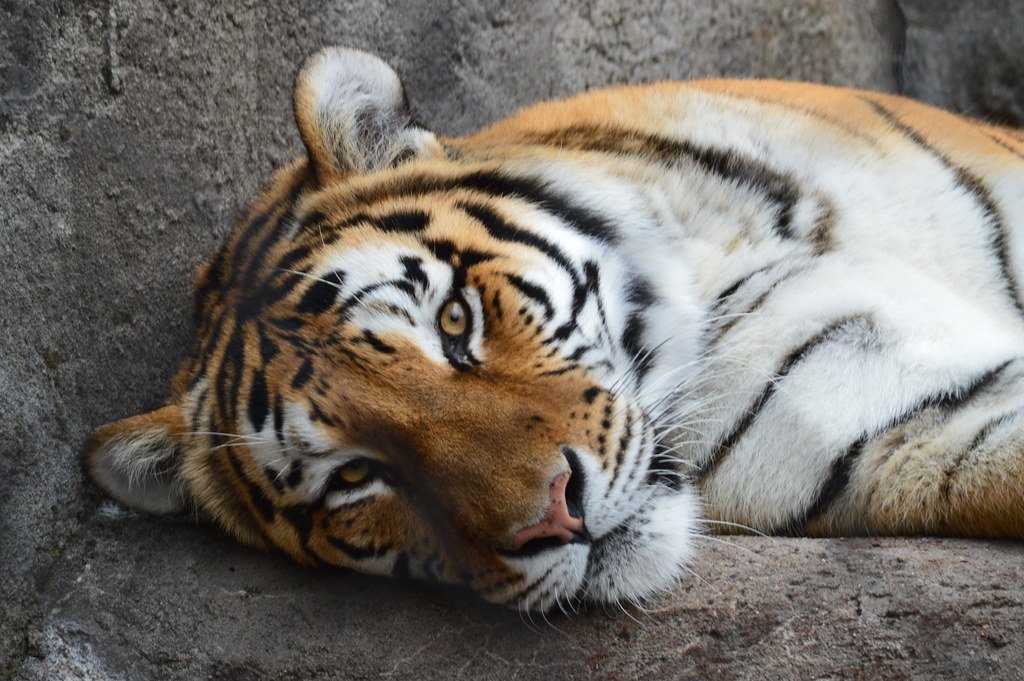
Drop a few ice cubes into your cat’s water bowl and watch them transform into a focused arctic hunter. The floating, melting cubes create movement that triggers their instinct to paw at moving objects. Some cats become so fascinated they’ll spend twenty minutes trying to catch these slippery prey. Add a few pieces of kibble frozen inside the cubes for an extra challenge. This cooling enrichment is especially perfect during hot summer days when your indoor tiger needs both hydration and entertainment.
Feather Wand on a String
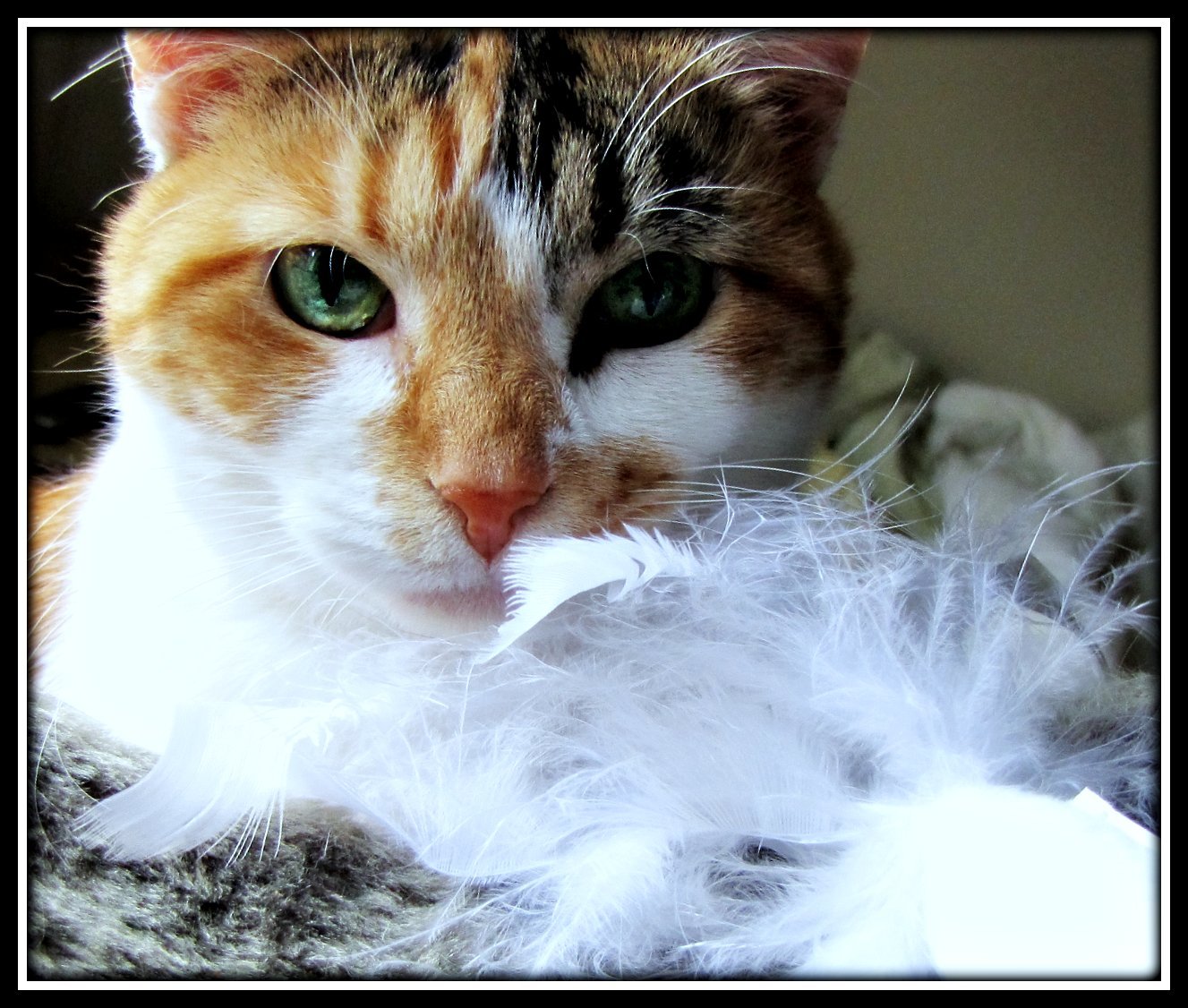
Create the ultimate interactive toy by tying feathers to a long string attached to a stick or dowel. The key is mimicking real bird flight patterns with erratic movements, sudden stops, and quick direction changes. Your cat’s pupils will dilate as their hunting instincts kick into overdrive. Vary the height and speed to keep the game challenging and unpredictable. This DIY version often works better than expensive store-bought toys because you control the action and can adapt to your cat’s energy level in real time.
Hidden Treasure Food Hunt
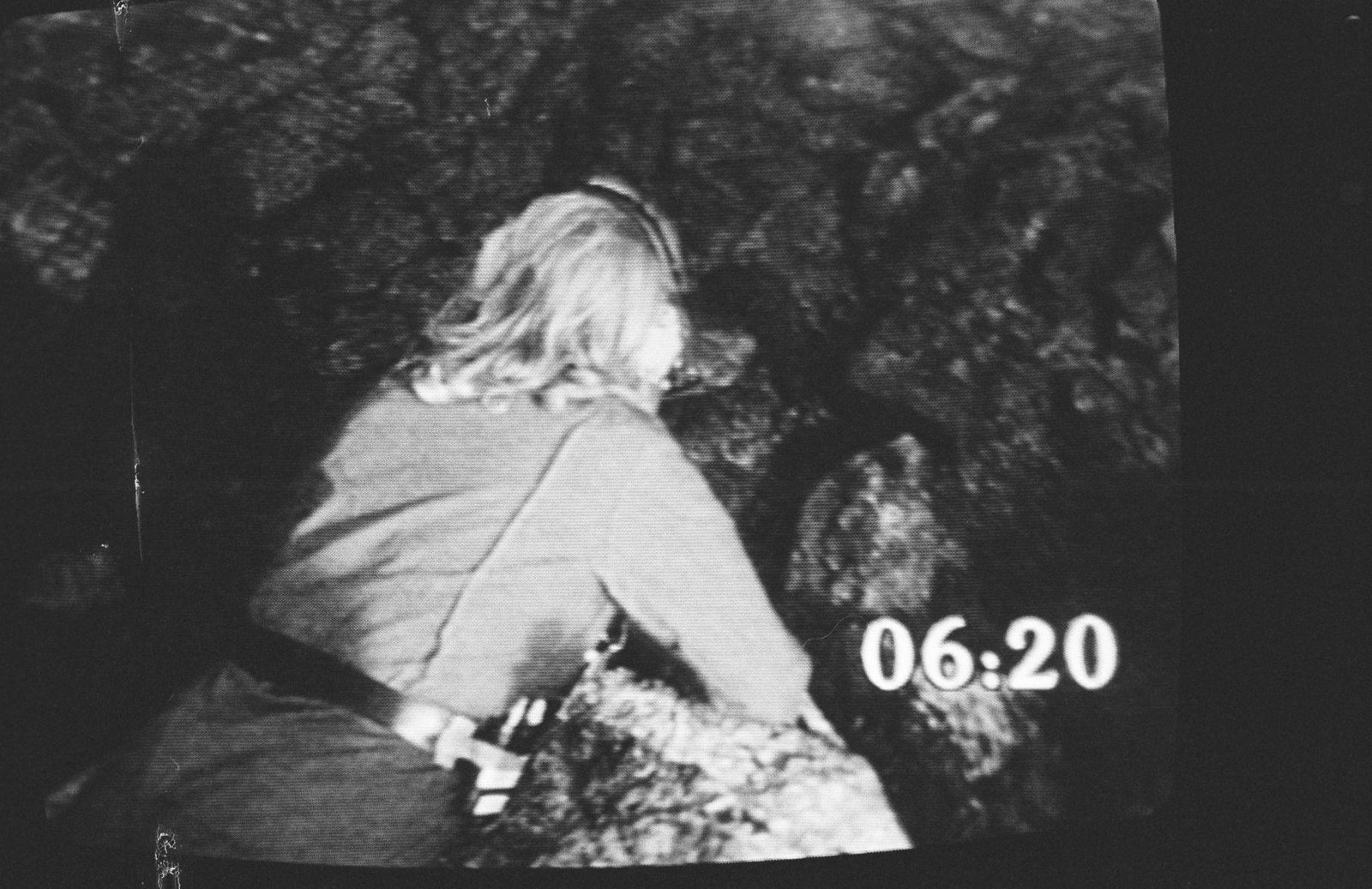
Ditch the boring food bowl and turn mealtime into an archaeological expedition. Hide small portions of kibble around the house in different locations each day. Place some under furniture, behind curtains, or inside cardboard tubes. This method transforms your lazy house cat into an active forager, engaging their natural hunting behavior. The mental stimulation of searching and finding food is often more satisfying than the meal itself. Start with easy hiding spots and gradually increase the difficulty as your cat becomes a seasoned treasure hunter.
DIY Scratching Post Makeover
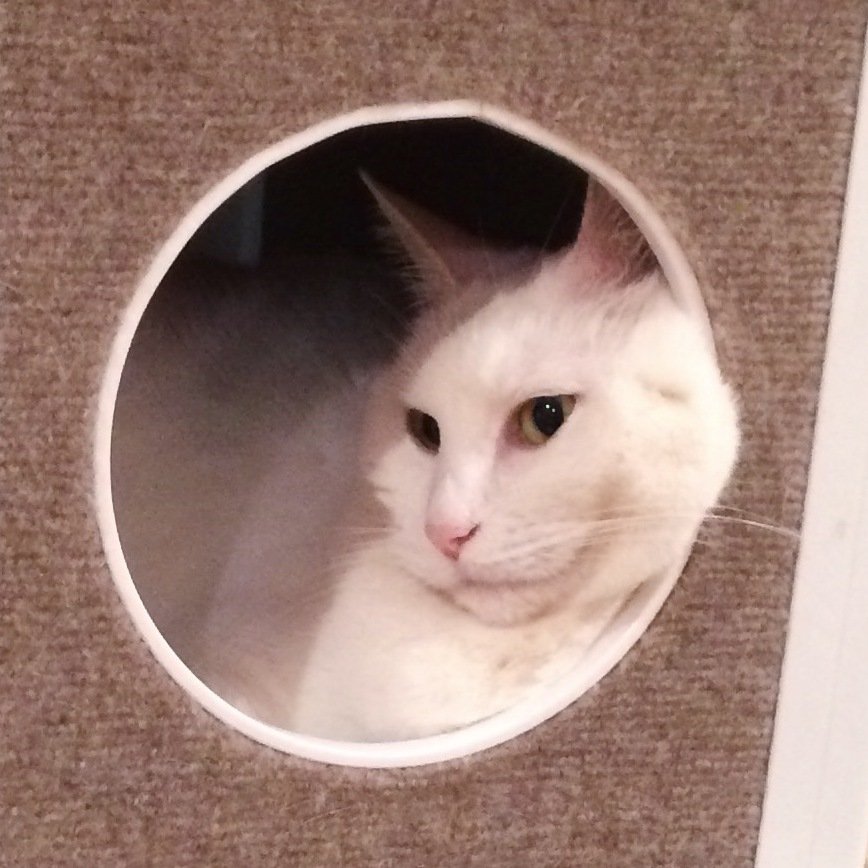
Wrap rope, carpet samples, or corrugated cardboard around a sturdy wooden post to create a custom scratching surface. Different textures appeal to different cats, so experiment with sisal rope, rough carpet, or even tree bark. Position the post near your cat’s favorite sleeping spot since cats love to stretch and scratch after naps. Add catnip or silvervine to make it irresistible. A well-placed scratching post can save your furniture while giving your cat a satisfying way to maintain their claws and mark their territory.
Puzzle Feeder From Plastic Bottles
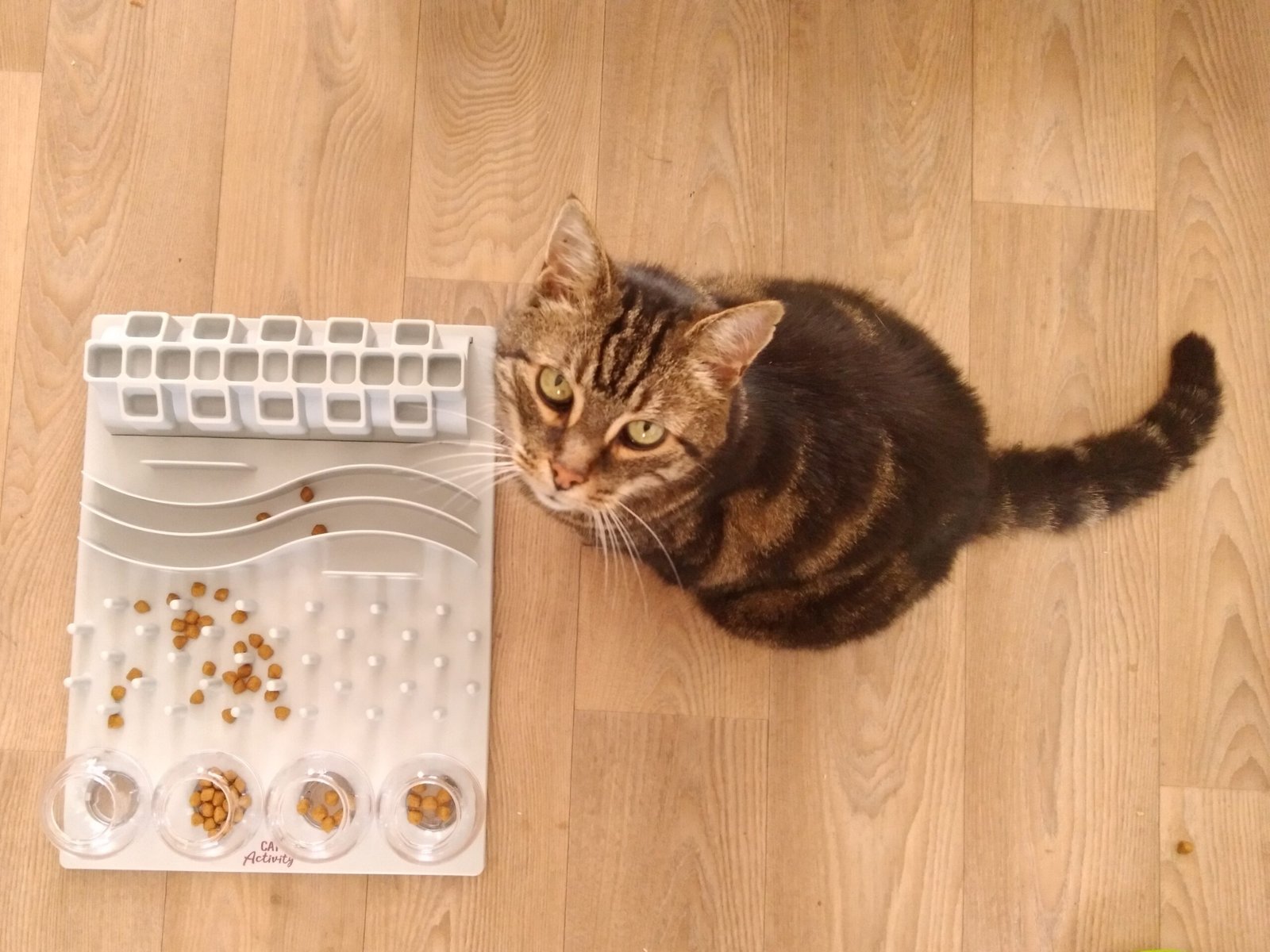
Clean plastic bottles become engaging puzzle feeders with just a few strategic holes cut around the sides. The size of the holes determines the difficulty level – smaller holes make kibble fall out slower, creating a longer-lasting challenge. Remove caps and labels for safety, then let your cat bat the bottle around to release treats. The rolling, rattling sound adds an extra layer of excitement. This DIY enrichment tool costs practically nothing but provides the same mental stimulation as expensive puzzle feeders from pet stores.
Window Perch Bird TV
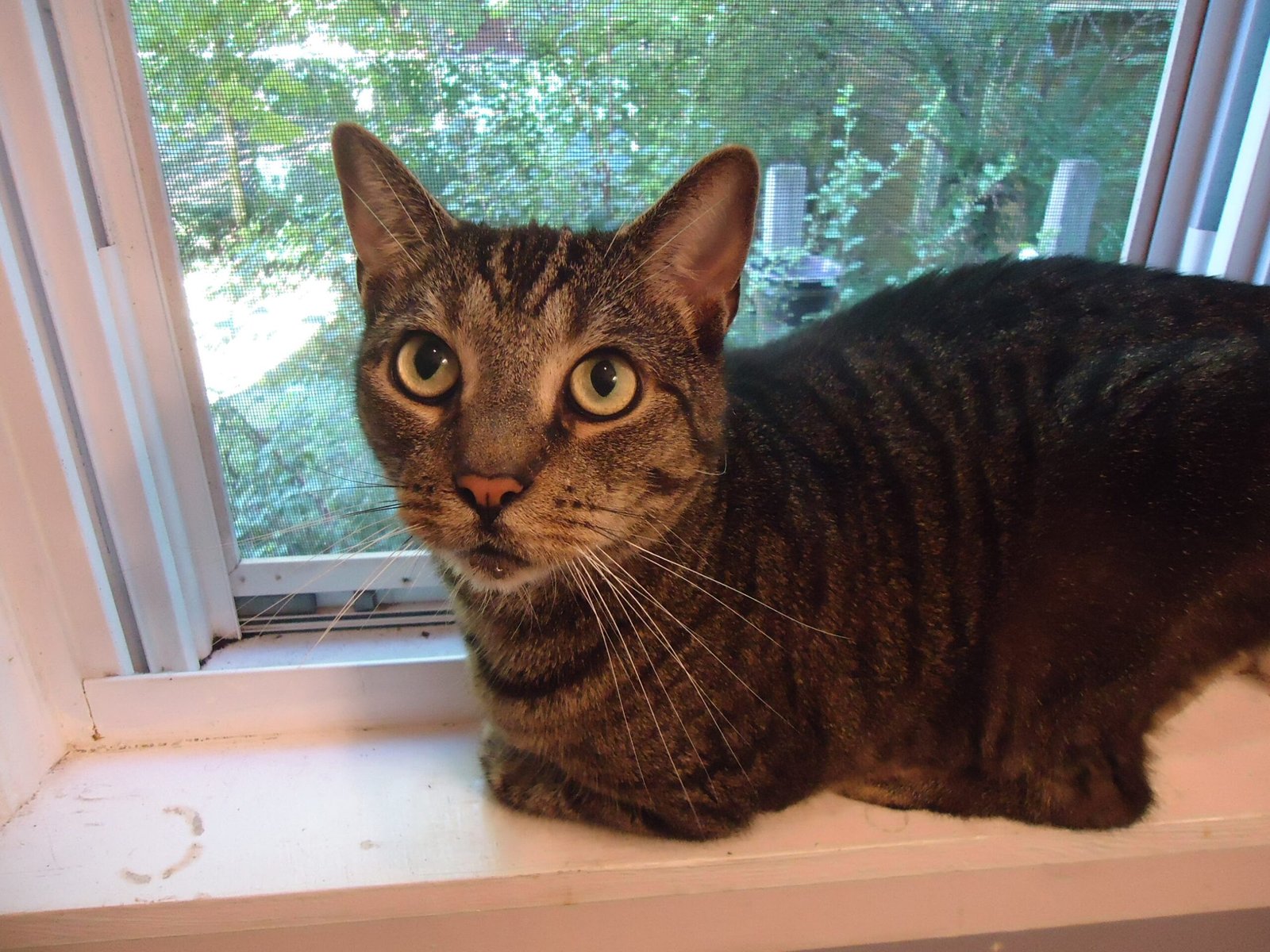
Create the ultimate entertainment center by installing a sturdy shelf or hammock near a window with a good view of bird activity. Add a soft cushion or fleece blanket to make it extra comfortable for extended viewing sessions. Position bird feeders outside the window to increase the action and drama. Your indoor cat will spend hours watching this live-action nature documentary, chattering at birds and squirrels. The mental stimulation from observing prey animals helps satisfy their hunting instincts even when they can’t physically chase anything.
Catnip Sock Toys
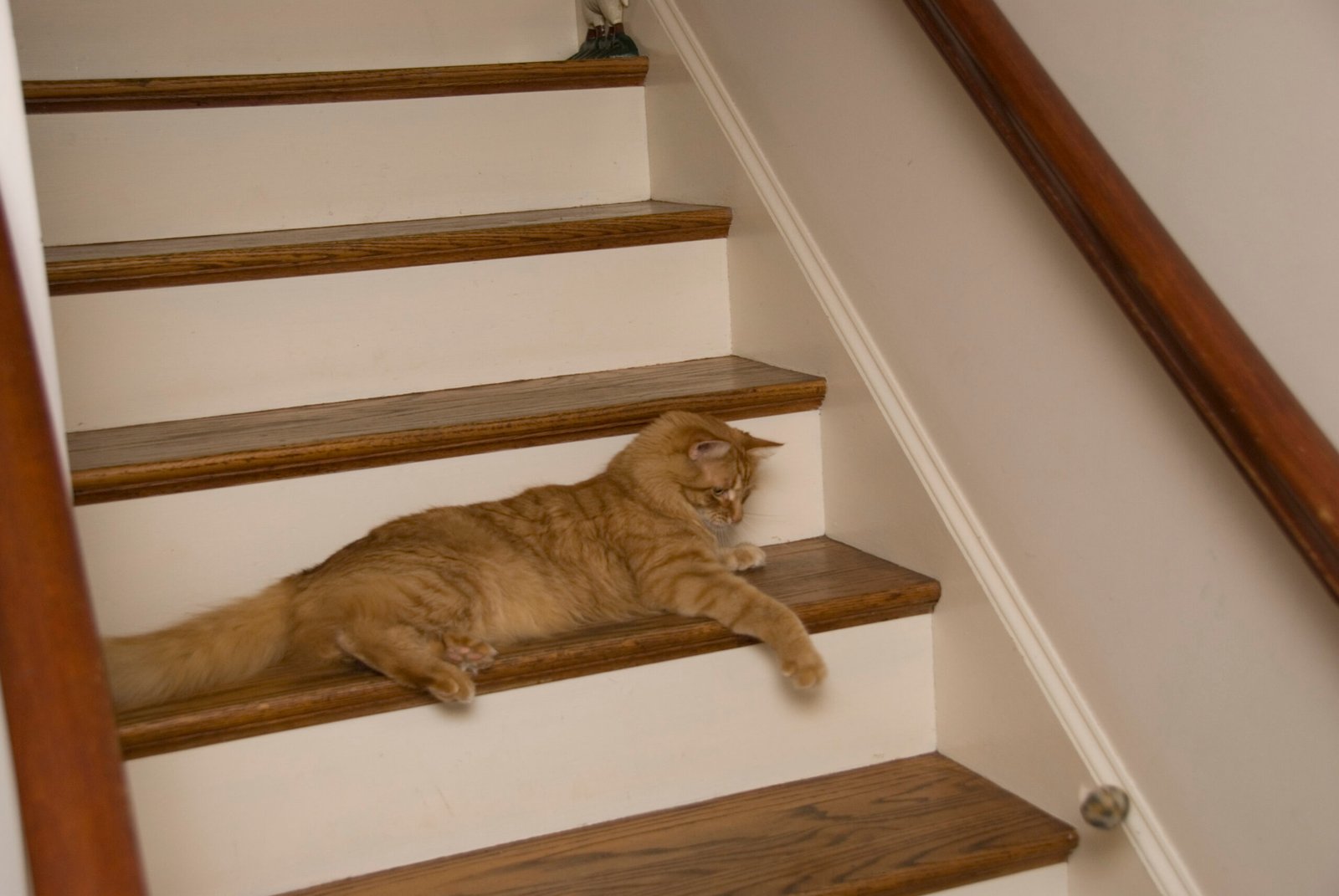
Fill clean socks with dried catnip, silvervine, or crinkly materials like cellophane to create irresistible toys that cost almost nothing. Tie the open end securely and let your cat go wild with their new prize. Different cats respond to different herbs, so experiment with catnip alternatives if your feline seems unimpressed. The soft fabric is perfect for carrying around, kicking, and snuggling. These homemade toys often become more beloved than expensive store-bought options because they’re the perfect size for independent play and carry your scent.
Rotating Toy Library System
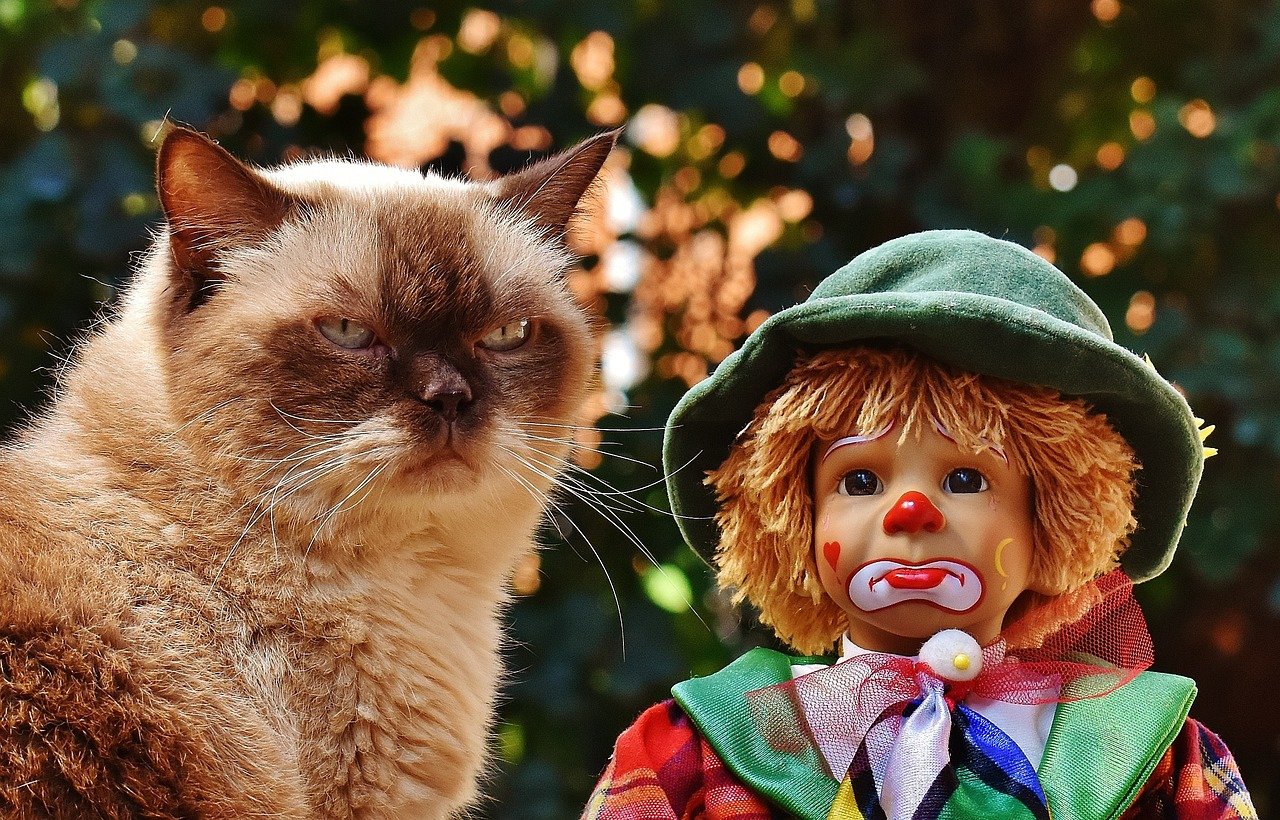
Keep your cat’s interest fresh by creating a toy rotation schedule with items you already own. Store most toys in a closed container and only leave three or four out at a time. Every few days, swap them out for different ones from storage. This simple trick makes old toys feel new again and prevents boredom. Cats are more likely to engage with toys that seem novel and exciting. The anticipation of discovering which toys will appear next adds an element of surprise to their daily routine.
Laser Pointer Obstacle Course
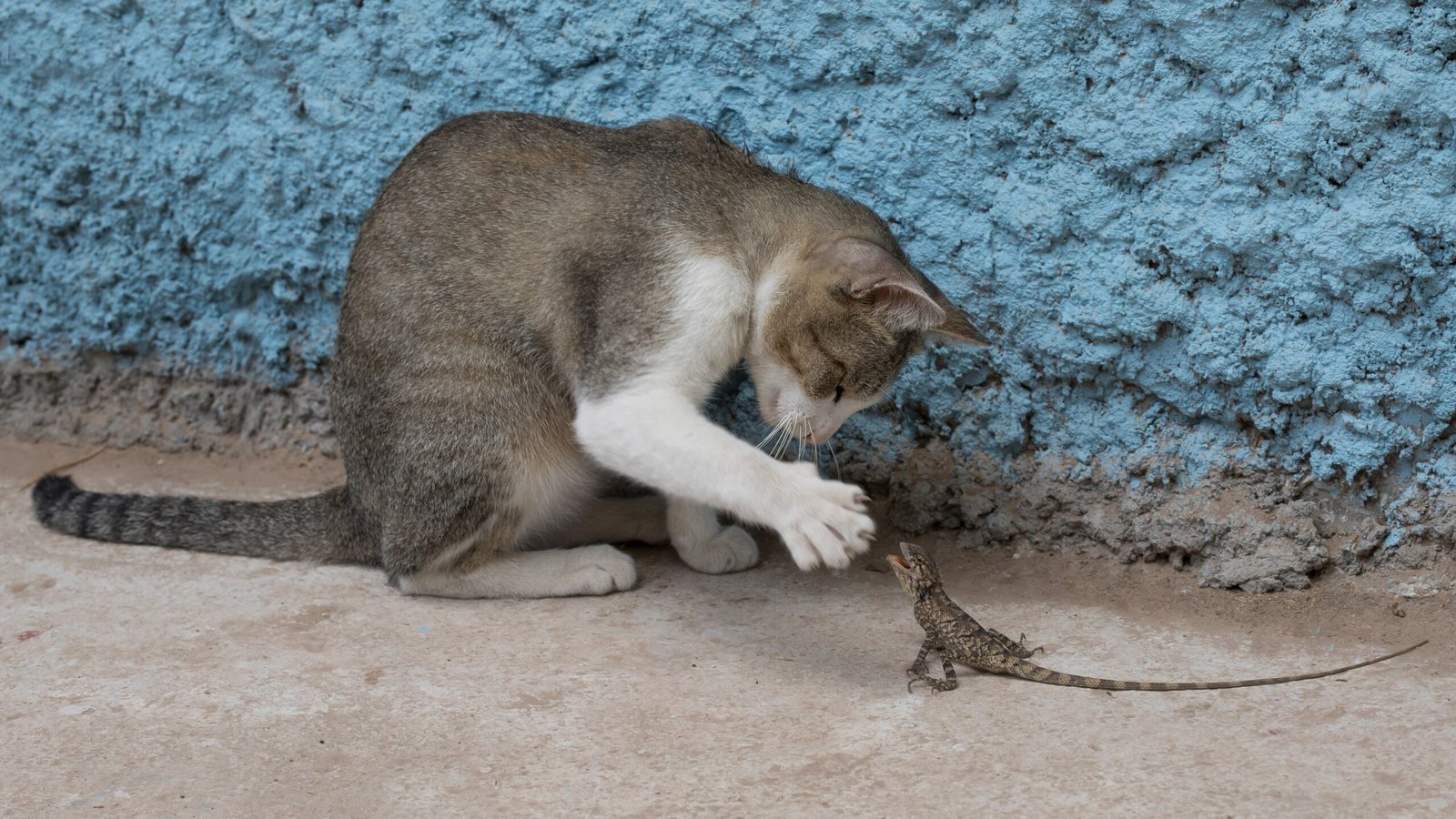
Set up a simple obstacle course using pillows, boxes, and furniture, then guide your cat through it with a laser pointer. Create tunnels to crawl through, platforms to jump on, and hiding spots to investigate. Always end laser play sessions with a physical toy your cat can catch and carry away to avoid frustration. The combination of mental challenge and physical exercise makes this enrichment activity perfect for high-energy cats. Change the course layout regularly to keep your feline athlete engaged and challenged.
Snuffle Mat From Fleece Strips

Create a foraging mat by tying fleece strips through holes in a rubber doormat or sink mat. Hide kibble or treats deep within the fleece strips to encourage natural foraging behavior. Your cat will use their nose and paws to search through the fabric jungle, engaging multiple senses while working for their reward. This activity slows down fast eaters and provides mental stimulation that leaves cats feeling satisfied and tired. The DIY version works just as well as expensive commercial snuffle mats and can be customized to your cat’s size and preferences.
Which of these DIY enrichment ideas will your cat master first?
Hi, I’m Bola, a passionate writer and creative strategist with a knack for crafting compelling content that educates, inspires, and connects. Over the years, I’ve honed my skills across various writing fields, including content creation, copywriting, online course development, and video scriptwriting.
When I’m not at my desk, you’ll find me exploring new ideas, reading books, or brainstorming creative ways to solve challenges. I believe that words have the power to transform, and I’m here to help you leverage that power for success.
Thanks for stopping by, Keep coming to this website to checkout new articles form me. You’d always love it!






